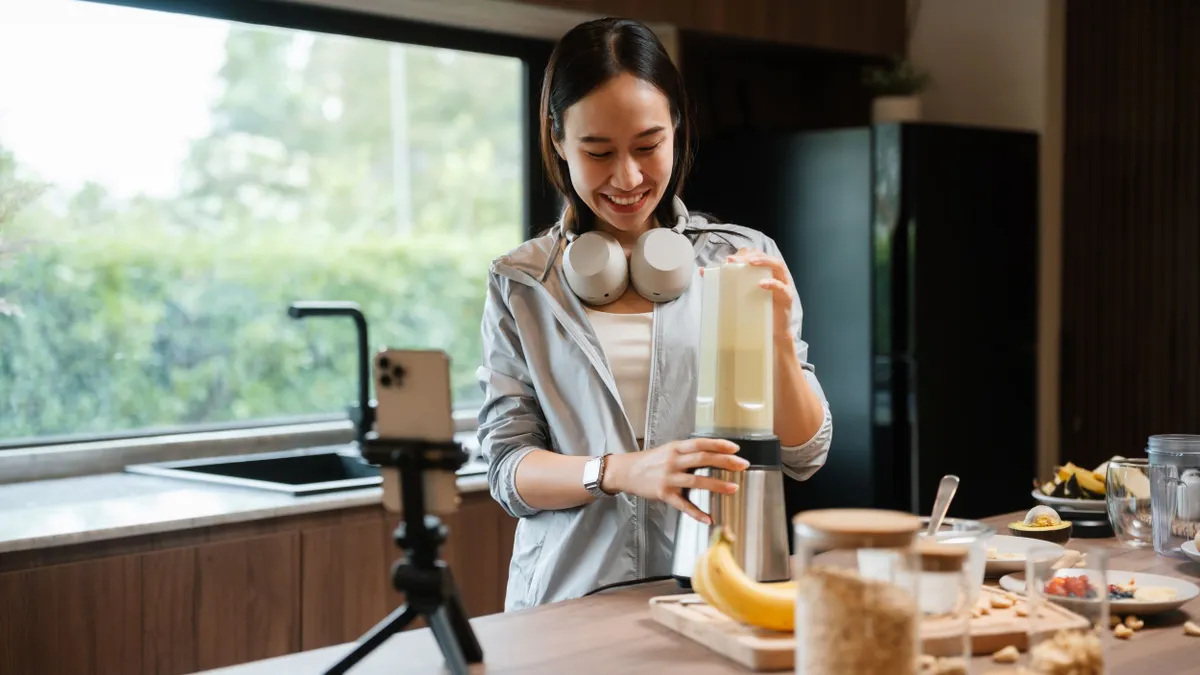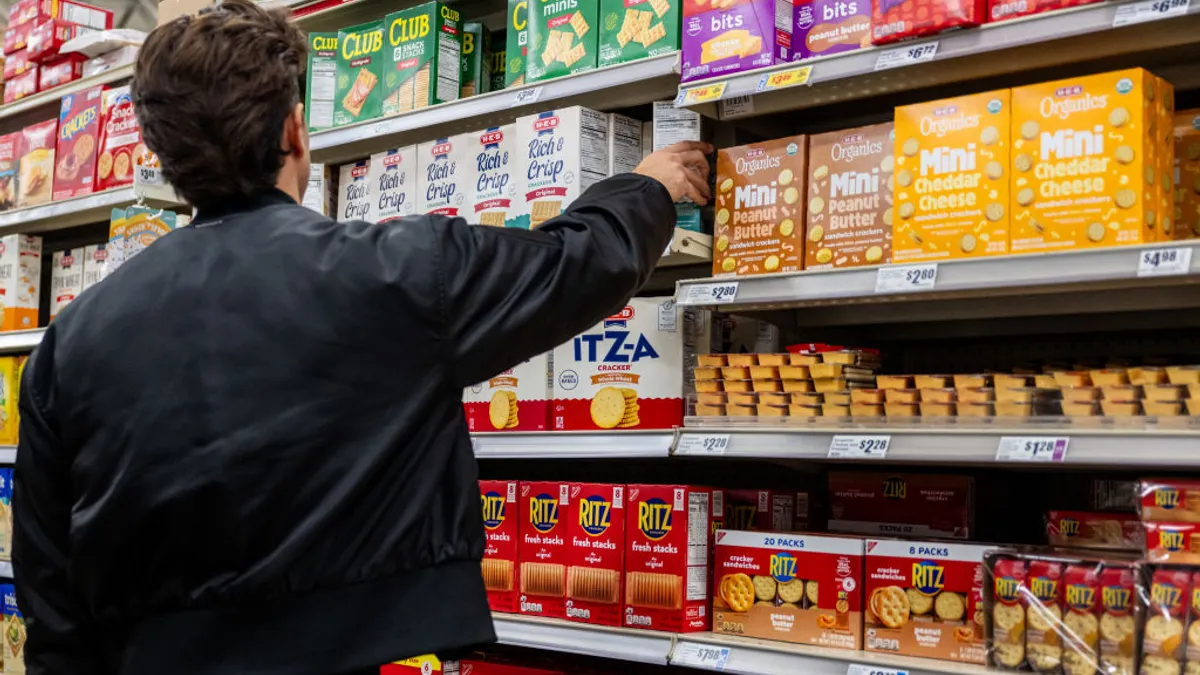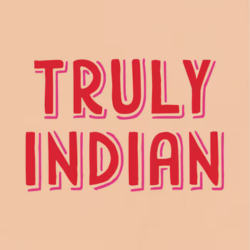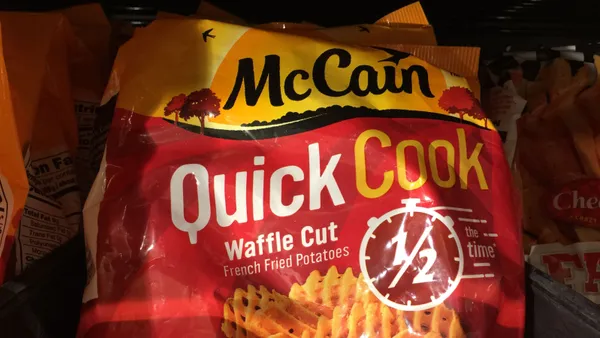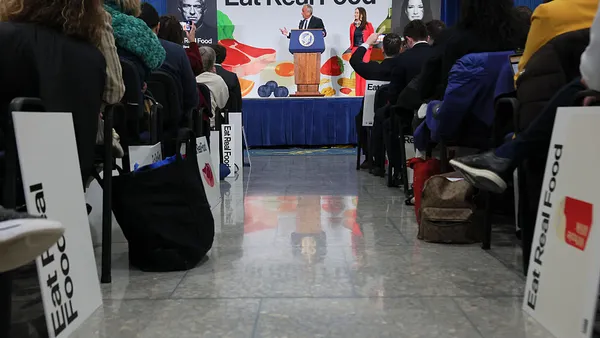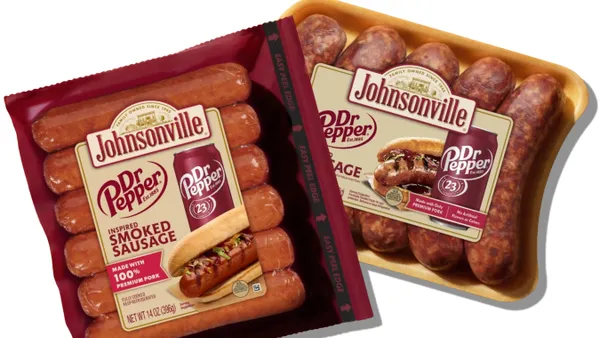Dive Brief:
- The United States is issuing tariff exemptions for hundreds of food and agricultural products from Brazil, per an executive order U.S. President Donald Trump signed Thursday.
- The exemptions largely mirror those installed last week by the Trump administration to adjust its global reciprocal tariffs, covering 238 classifications and 11 categories of food and agricultural goods, per a notice from U.S. Customs and Border Protection. Goods covered by the exemptions include coffee, beef, spices, and tropical fruits and fruit juices.
- Similarly, the exemptions are retroactively effective Nov. 13, with any refunds to be handled by U.S. Customs and Border Protection via standard procedures.
Dive Insight:
The Trump administration’s latest exemptions ease a heavy tariff burden for some of Brazil’s most important exports, particularly coffee.
Brazil accounted for 37% of annual global coffee production, according to the most recent data from the U.S. Department of Agriculture. Levies on the commodity have put additional pressure on already surging prices, driven by dwindling harvests amid climate change.
Beyond the U.S.’ global reciprocal tariffs, which were modified last week, imports from Brazil have been subject to an additional 40% levy since Aug. 6, per a previous executive order from Trump. In the order, Trump declared a national emergency, claiming Brazil’s policies threatened U.S. national security, foreign policy and economic interests.
Trump also decried the prosecution of former Brazil President Jair Bolsonaro and fines on U.S. companies ordered by the country’s Supreme Court. The companies included X, formerly Twitter; Meta, the owner of Facebook and Instagram; and Google.
Trump issued exemptions this week because of “initial progress” in trade negotiations with Brazil. Trump spoke with Brazil President Luiz Inácio Lula da Silva by phone on Oct. 6 to begin negotiations, which are ongoing, according to Thursday’s executive order.
The Trump administration also initiated a Section 301 investigation into Brazil’s trade practices in July. The ongoing probe is assessing digital trade, anti-corruption enforcement and ethanol market access.





